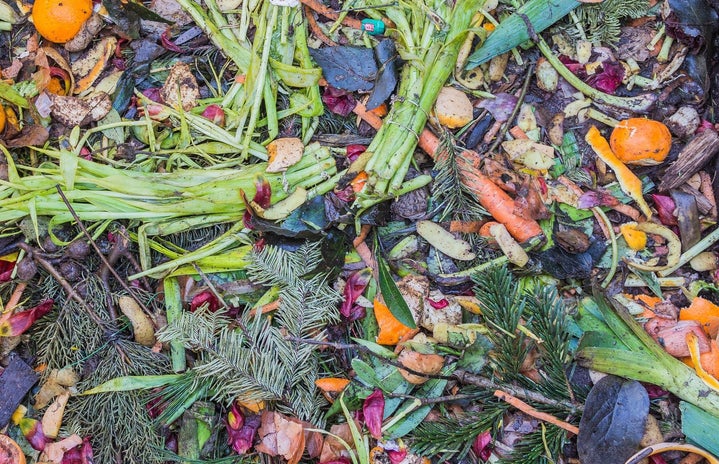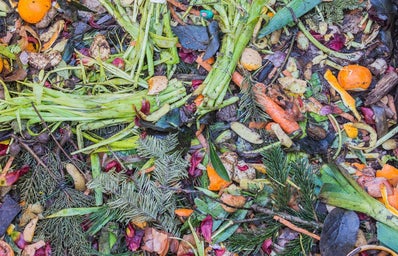Unveiling Capitalist tricks that create a thriving consumer culture
Many of us here at UCSB consider ourselves environmentally conscious, but there are some hidden tricks industries have adopted to keep our capitalist society flourishing.
Fashion’s Role
For starters, many of us may relish the art of fashion. However, unless you are an avid and dedicated thrifter, you are contributing to a massive problem of textile waste. Nearly all fashion industries and brands overproduce by about 30-40% each season. This overwhelming amount then gets donated to other developing countries, where our consumption habits become their burden to bear.
Don’t get me wrong, I love fashion. I love clothes and I got the shoe-loving gene from my mom. But, be aware that the fashion industry tricks us (specifically, women) into believing what we have is “out of season” or not cute enough to wear anymore. This fostered dissatisfaction leads us to throw away more and buy more, all while our pockets run dry. Even worse, massive donation hauls trap us into a never-ending cycle of buy, get unsatisfied, buy, donate, buy, etc. Often when we donate clothes, we don’t realize most of them end up across the globe, causing environmental, economic, and health issues. In America,16 million tons of textile waste is produced EACH year, and we dump it on others’ shoulders.

Although, if your clothes are unwearable then it’s more understandable if they belong in your trash rather than closest. Although, we have forgotten age-old traditions of re-use here in the States. Old clothes can be used as cleaning rags, as a new reusable alternative to paper towels, and in many other ways. This is the exact difference between waste and wastefulness. It’s all about being mindful.
The same principle applies to shoes, as our throw-away society has led to the decline of the shoe repair industry. Outside the fashion industry, this issue infiltrates every artery of our consumer culture as a consequence of capitalism and industries.
Built to fail
If you haven’t heard of progressive obsolescence, you’re in the right place. Essentially, industries purposely will intentionally make products with lesser longevity, durability, and repair. This leads us to buy more as well as produce more trash because the products we buy are entirely built to fail. Prime examples of planned/progressive obsolescence are iPhones, which we all know get slower and accumulate lag over the years.
Perceived Obsolescence
Another aspect of how our society shifted from producing waste to being wasteful is that we have been programmed to believe more is better. Advertisements make us assume that the newest products are the best, ushering us to get rid of the old and in with the new. This is an example of perceived obsolescence, which hinges on a few methods below.
The advertising industry:
- 1) has made us dissatisfied with what we already have.
- 2) has created a system that makes us feel richer (and “happier”) when we can purchase things.
- 3) has programmed us to enjoy the idea of a replacement instead of permanence.
Not only have they made us crazy consumers, but they’ve also made us feel rich by buying things, although a juxtaposition because we lose more money in general. When you really think about it, this all seems completely ridiculous, and you’re right. This is ridiculous, and the worst part is that we all fall for it. Advertisements surely do their job, and they do it too well.
What can you do?
Essentially, there is a difference between producing waste and being wasteful. When you have a specific need that cannot be fulfilled through sustainable means, it’s completely understandable to go buy something new. But next time you’re browsing online, notice the advertisements and new trends constantly flooding in, and consider how the system is constructed to maintain your buying and your trash bin overflowing.
You can help by being more mindful of what you throw away AND purchase. These are both vital to fighting the capitalist plan to make us mindless consumers. Think: Do I really need this? Do I have something already that can serve the purpose of the function I’m looking for? Is there something I don’t need anymore but can use in a different way? It’s all about the way we think: we can’t view our trash bins as a black hole because what we buy and ultimately throw away ends up somewhere and doesn’t simply disappear because you no longer want it.


